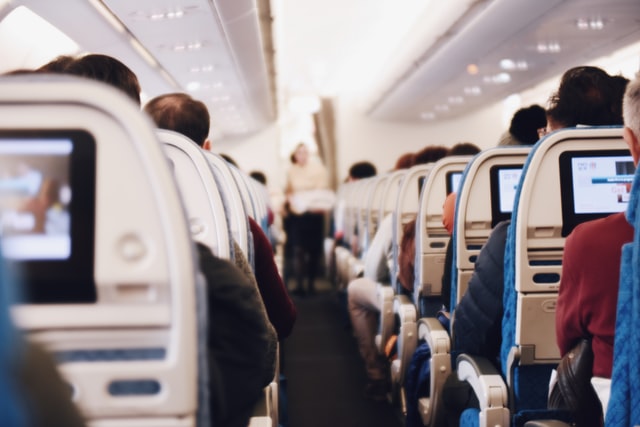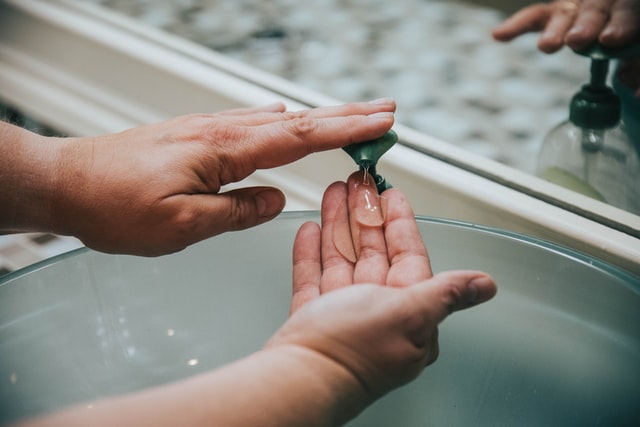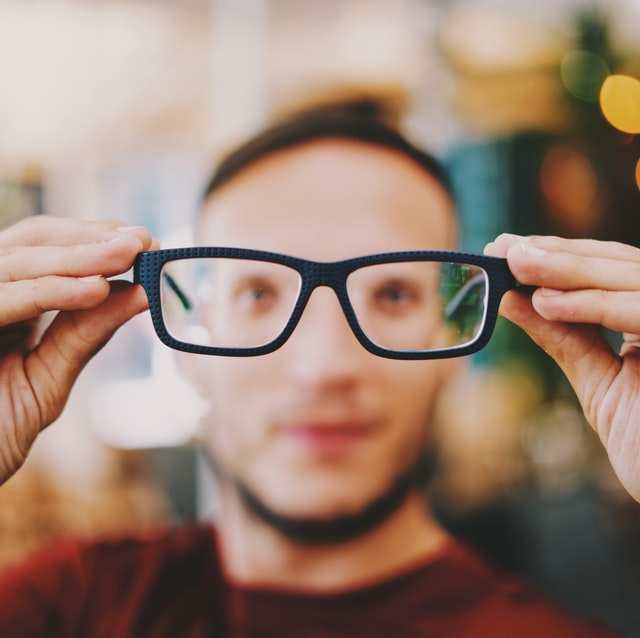What do you think about when you travel? The answer: anything but eye care.
There’s a good chance that eye care is the least of your worries every time you go on vacation. You’re probably thinking about what bus to take, where to eat, and where to go. However, we’re here to tell you that you need to add “eye care” to your itinerary, as well. Whether you’re going on a whirlwind tour or seeing the sights at your own pace, we’ve put together a couple of tips to help you care for your eyes properly.
#1 Don’t Let Your Eyes Dry Out
Are you traveling via plane? Expect to experience dry eyes. Cabin moisture can drop to about 20 to 30 percent, which is lower than what people consider as comfortable (typically 30 to 65 percent moisture). That’s why the air in airplanes always feels stale.
As a result, your eyes won’t be able to retain moisture and soon they’ll start to feel irritated. To combat this, be sure to drink plenty of water pre-departure and inside the plane. According to the Aerospace Medical Association (AsMA), you should drink up to 0.25 liters per hour on a plane.

In addition, if you’re going on a long-haul flight, you’ve got to have eye drops with you. They make up for the lack of moisture and are commonly used to find temporary relief from dry eyes.
#2 Limit Your Screen Time
The plane isn’t the best place to binge-watch TV shows. On long-haul flights, try not to glue your eyes to the TV, as this can cause dry eyes, red eyes, and eye strain. Keep in mind that the air in the plane is already dry, so you shouldn’t do anything that can add to the discomfort.
If you glue your eyes to the TV, you won’t be able to blink enough times to maintain your eyes’ moisture. Remember that you blink half as often when you’re watching TV, playing video games, scrolling through Instagram, and so on. This, in turn, can cause your eyes to feel strained. For this reason, be sure to bring bottles of eye drops to relieve strain in the eyes.
#3 Wear Sunglasses With UV Protection
Going sightseeing? Wherever you’re going, whether it’s to the beach or the woods, don’t forget to bring a good pair of sunglasses. You can’t always predict when it will be sunny, so it’s best to be prepared for anything. Sunlight can also go through clouds, so it’s a good idea to wear sunglasses even when the weather is gloomy.
According to the American Academy of Ophthalmology, you should get sunglasses that provide at least 99 percent protection against UV protection, such as “UV 400” sunglasses. If possible, wear sunglasses with polarized lenses as these were designed to block glare from shiny surfaces such as water.

#4 Maintain a Healthy Lifestyle
Even if you wear UV 400 gasses and regularly rewet your eyes, you still won’t be able to see as clearly as possible if your health is poor. By far, the best way to care for your eyes for the long term is to maintain a healthy lifestyle. To do that, you need to eat foods that are rich in Vitamin A, Vitamin C, Vitamin E, and Omega-3 Fatty Acids, among others. Incorporate foods such as fish, citrus fruits, and nuts into your diet to improve your vision over time.
Cardiovascular exercises can also help improve your vision, as exercise can reduce the pressure in your eyes. It also lowers your risk of diabetes and diabetic retinopathy — the number one cause of blindness in America.
#5 Don’t Neglect Your Hygiene
After spending the day sightseeing, it can be tempting to hop into bed the moment you get to your hotel room. It can also be tempting to depart from your regular self-care routine. However, always remember to completely clean your face by the end of the day as sleeping with makeup on can increase the risk of pink eye. If you fail to clean your face (particularly the eye area), you’ll likely wake up with an eye infection.
Don’t touch your eyes during the day, either. You can pick up all sorts of bacteria in public places like airports, so keep your fingers away from your face. Remember to wash your hands well and to bring an alcohol-free hand gel at all times.

#6 Put Away Your Contacts For Now
Want to wear contacts when traveling? Don’t — it’s not a good idea. You’ll only put yourself at risk of contracting an infection. As an alternative, wear a trusty pair of prescription glasses whenever you travel. That way, you can travel contact-free and therefore worry-free. Glasses also act as a protective barrier that prevents you from carelessly rubbing your eyes.
Apart from one pair, carry an extra pair in case your current one gets cracked. It can be expensive to buy a new pair abroad.
#7 Don’t Ignore Vision Issues
People (particularly those that travel a lot) often forget to get their eyes checked regularly. It’s important to visit your eye doctor every two years to pinpoint potential eye problems and nip them in the bud as early as possible. Besides, you wouldn’t want to discover that you have an eye problem on your trip, would you?

Before you fly, get your eyes checked at an eye clinic with HIPAA coverage. This will allow you to go sightseeing — and actually see the sights!
The Bottom Line
Good eye care goes a long way. By taking care of your eyes, you’ll be able to see the world the way it deserves to be seen as well as travel without worries. You’ll be free from eye discomfort as you swim, snorkel, ski, and more!
